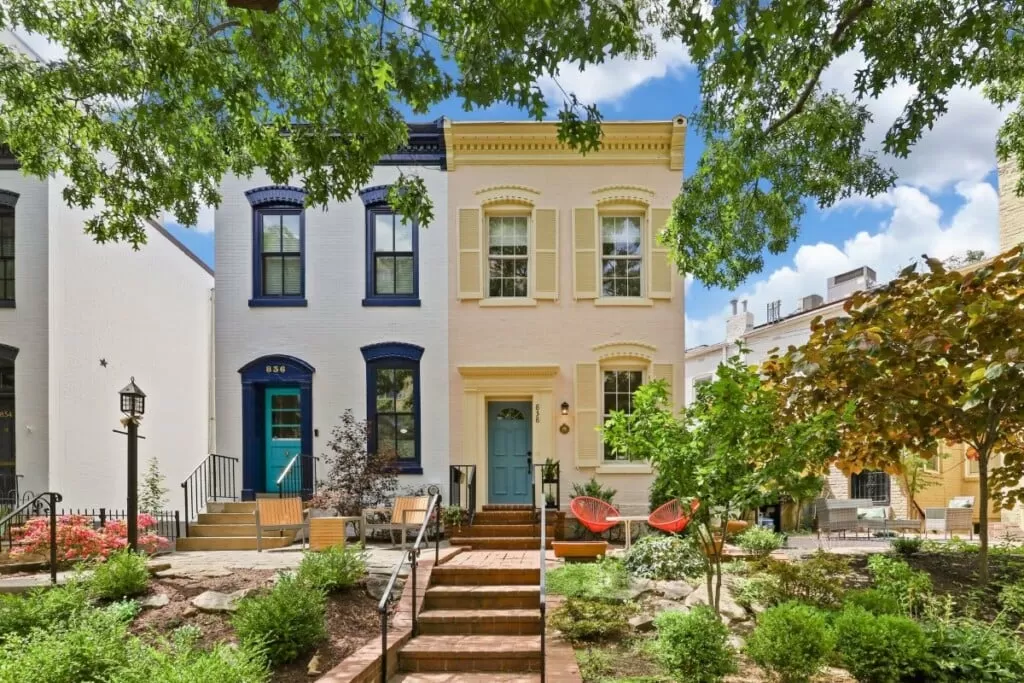House hacking is a term that has been gaining popularity in the real estate industry in recent years. It involves renting out part of your home to generate income, with the aim of making homeownership more affordable. This trend has been catching on, especially among young homeowners who are struggling to keep up with the rising costs of owning a house. While it may seem like a great way to offset the costs of homeownership, it is not without its challenges. Let’s take a closer look at what house hacking is and why it has become so popular.
First things first, house hacking is not a new concept. In fact, it has been around for decades, but it has gained more attention in recent years due to the rise in housing costs. The idea is simple: you rent out a portion of your property to generate income, which can help offset the costs of owning a home. This can include renting out a spare room, a basement apartment, or even a garage that can be converted into a living space. The income generated from the rental can then be used to cover mortgage payments, property taxes, and other expenses associated with homeownership.
So, why is house hacking so popular? One of the biggest reasons is the current housing market. With rising prices, young homeowners are finding it increasingly difficult to afford a home on their own. House hacking offers a solution that allows them to own a home while also generating income to cover the costs. It’s a win-win situation that has attracted many first-time home buyers who are looking for creative ways to make homeownership more affordable.
Another reason for the popularity of house hacking is that it allows homeowners to build equity faster. With their tenants’ rental payments, homeowners can pay down their mortgage quicker, which can result in a faster increase in home equity. This, in turn, can help homeowners build wealth and achieve financial freedom in the long run.
However, to be successful in house hacking, one needs to be prepared for the challenges that come with it. The first challenge is the upfront investment. House hacking usually requires homeowners to have a certain amount of money saved up to cover the costs of renovations and any potential maintenance issues that may arise from renting out part of their home. This can be a significant financial commitment, and it’s essential to have a solid budget in place before embarking on this journey.
Another challenge is taking on the role of a landlord. Being a landlord comes with a set of responsibilities that go beyond just collecting rent. Homeowners must ensure that their rental units meet all safety and legal requirements, handle any tenant issues that may arise, and keep up with maintenance and repairs. This can be time-consuming and requires a certain level of organization and commitment.
Despite these challenges, house hacking can be a great way to make homeownership more affordable. And with the rise of short-term rental platforms like Airbnb, homeowners can even generate income from renting out a spare room or guest suite on a short-term basis. This flexibility allows homeowners to adapt to changing financial situations or use the extra income for other investments.
In conclusion, house hacking is a popular trend that has gained traction among young homeowners looking for creative ways to make homeownership a more attainable goal. It offers a solution that not only helps offset the costs of owning a home but also allows homeowners to build equity faster and potentially achieve financial freedom in the long run. However, it’s important to carefully consider the challenges and responsibilities that come with house hacking before diving in. With proper planning and budgeting, it can be a successful strategy for homeowners looking to maximize the benefits of owning a home.

